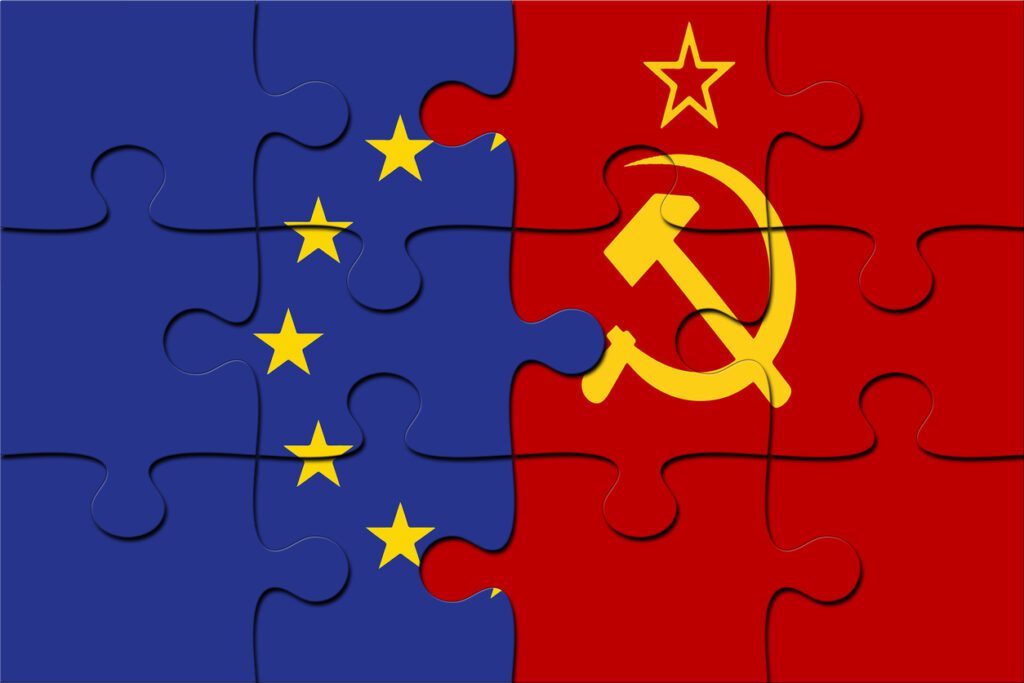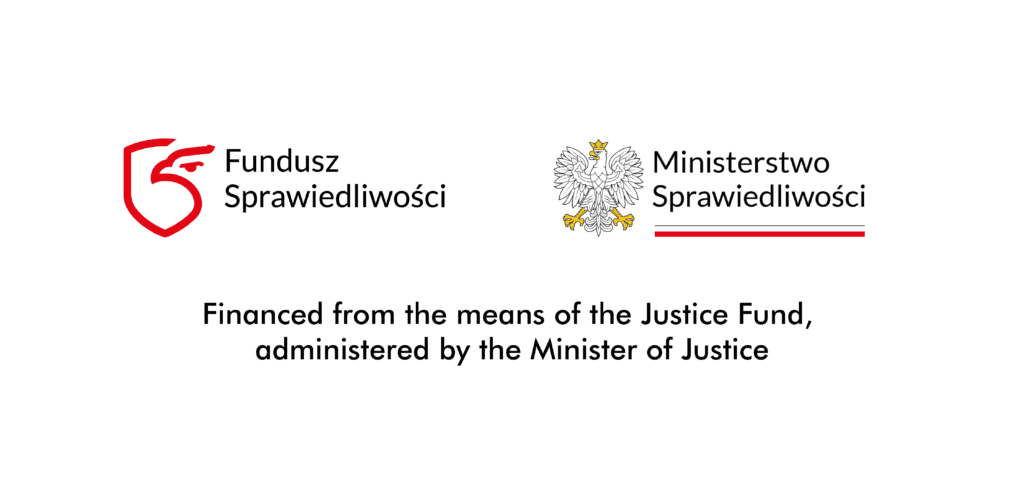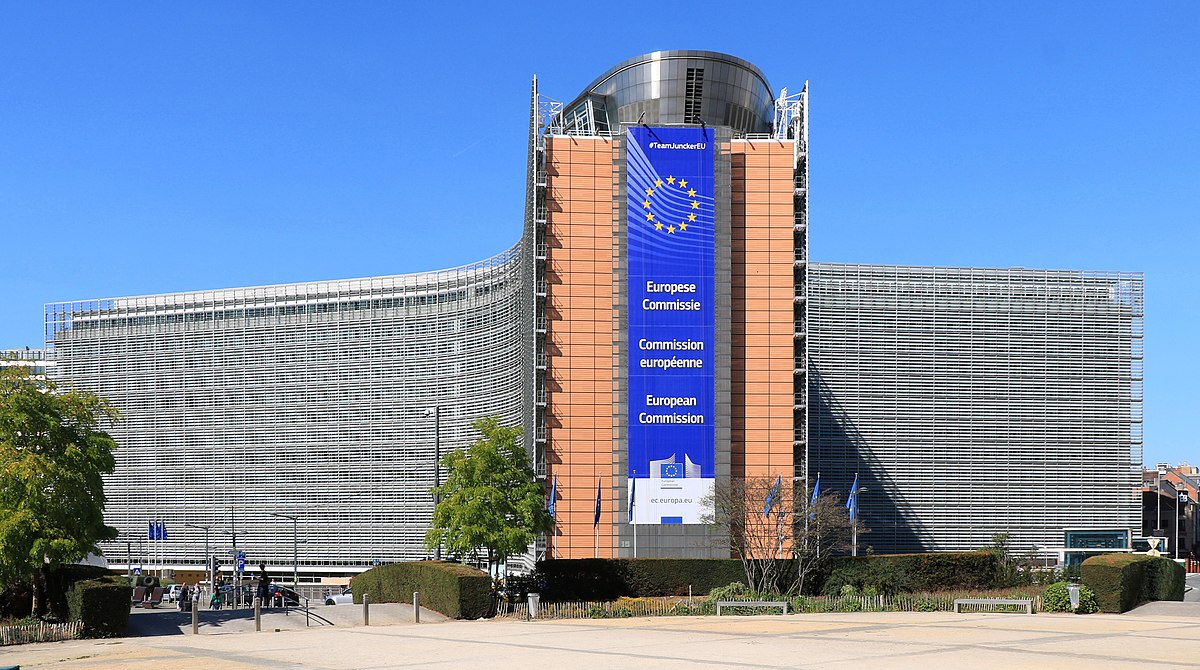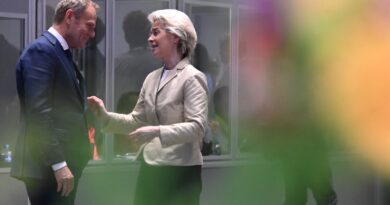On the similarities between the EU and the USSR (podcast)

History likes to repeat itself, Hungarian Prime Minister Viktor Orbán said in a recent speech, but luckily, whereas the Soviet Union was a tragedy, the European Union is a comedy.
Paweł Lisicki, Editor-in-Chief of the influential Polish conservative weekly Do Rzeczy, nonetheless warns in this podcast about the EU’s looming centralization with the adoption by the European Parliament this week of a proposal for radical reforms in the bloc’s treaty.
If the EU steamroller keeps going, which is not unlikely given the new tools for blackmail and applying pressure that are now in the hands of the European Commission, ten new areas of competences will be transferred to the EU level. This will mean a near-total loss of sovereignty for the parliamentary democracies that constitute the EU, making the citizens’ votes meaningless in the European bloc.
Polish co-rapporteur warning against European Parliament resolution on treaty reform (interview)
It is no coincidence that the resolution that was voted on this week by the European Parliament, which began the formal procedure for a change in the treaty, refers to the Ventotene Manifesto as its source of inspiration. The Ventotene Manifesto was written by Italian communists under the leadership of Altiero Spinelli, and advocates for European integration imposed from the top and without seeking the approval of the masses. Even before this new resolution, however, it was already acknowledged in Brussels that this Manifesto provides the ideological foundations of the European Union.
You must read this Manifesto if you want to know what the European Union really is, Lisicki insists in this podcast, illustrating his point with some meaningful quotations.
Having experienced communism in his country in his youth (he was a member of the dissident Independent Students’ Association in the 1980s), Lisicki argues there are genuine similarities between the former USSR and today’s European Union, both in their ideological inspiration and their common goal of suppressing nation-states and national identities in an effort to create a new international, centralized community.
Unlike Viktor Orbán, however, Paweł Lisicki thinks the EU is not a comedy at all.




